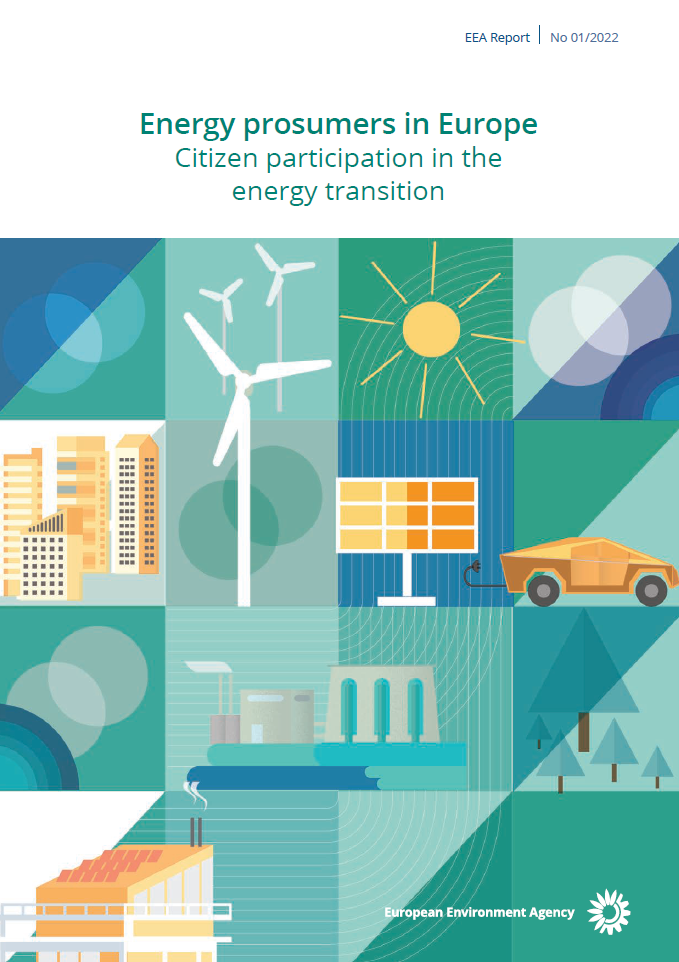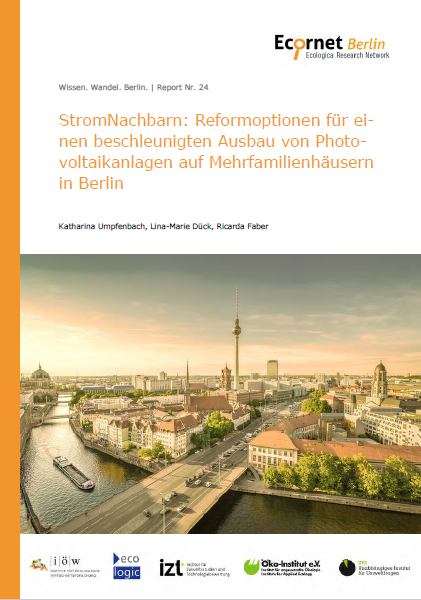How is the EU Balancing Climate Action and the Energy Crisis?
Research tour for journalists based in Europe
- Event
- Date
-
-
- Location
- Brussels, Belgium
Following Russia's attack on Ukraine, the EU faces significant challenges in its efforts to address rising energy prices and its attempt to substitute large fossil energy deliveries from Russia. As the bloc has embarked on the path to climate neutrality by 2050 with its landmark Green Deal policy package, there is one key question: do the challenges of the crisis and efforts to tackle it derail or assist EU climate policy? The Clean Energy Wire (CLEW) Brussels Research Tour, jointly organised with Ecologic Institute, aims to offer insights into EU policy to deal with the crisis and its implications on the bloc's move to climate neutrality. Is there conflict or synergies? The tour gives an introduction to relevant institutions and actors in Brussels, their powers and constraints, and the way they interact on the way out of the crisis.
Have reduced fossil energy supplies from Russia derailed or assisted EU climate policy? As European Union member states find ways to secure alternative energy supplies, how are the EU's responses to the climate and energy crisis being balanced? Countries like Germany saw Russian fossil gas as a bridge fuel for the energy transition, but with this key part of the puzzle largely gone, many member states have to find new ways to meet energy demand while working towards a greener future.
Decisions at the EU level on energy and climate policy determine what can and must happen at the country level. At the same time, national interests can influence decisions on an EU level, with consequences across the continent. What happens in Brussels is of key importance for national policy, and understanding the politics and the actors is crucial for the debates and their impact on domestic issues.
Developing renewables is now seen as key to ensuring energy supply security, as well as reaching climate targets. The move to a climate-neutral, fossil-fuel-free energy system can mitigate import dependence in the longer term, while improving energy efficiency. Moving to domestic renewable energy sources and new fuels – such as hydrogen or synthetic fuels – are important steps for climate action and, if done right, will also entail a diversification of supplier countries. At the same time, EU actions have faced criticism. Many politicians, NGOs, researchers and even finance experts have questioned e.g. the decision to label nuclear and fossil gas projects as sustainable in the EU's taxonomy.
These plans require support from the EU and its member states. The Brussels Research Tour aims to offer insights into EU policy to tackle the energy crisis and its implications on the bloc’s move to climate neutrality. In meetings with experts, policymakers, business and NGO representatives, the tour will provide essential background on EU climate and energy policymaking and cover topics of relevance to national policies. The participants will get first-hand insights into the decision-making process in Brussels, the roles of the European Commission and the European Parliament, as well as the ways business associations and civil society represent their interests. Key processes under the European Green Deal and their expected impact on member states will also be highlighted, and the tour will offer an excellent opportunity for networking and contact building.






